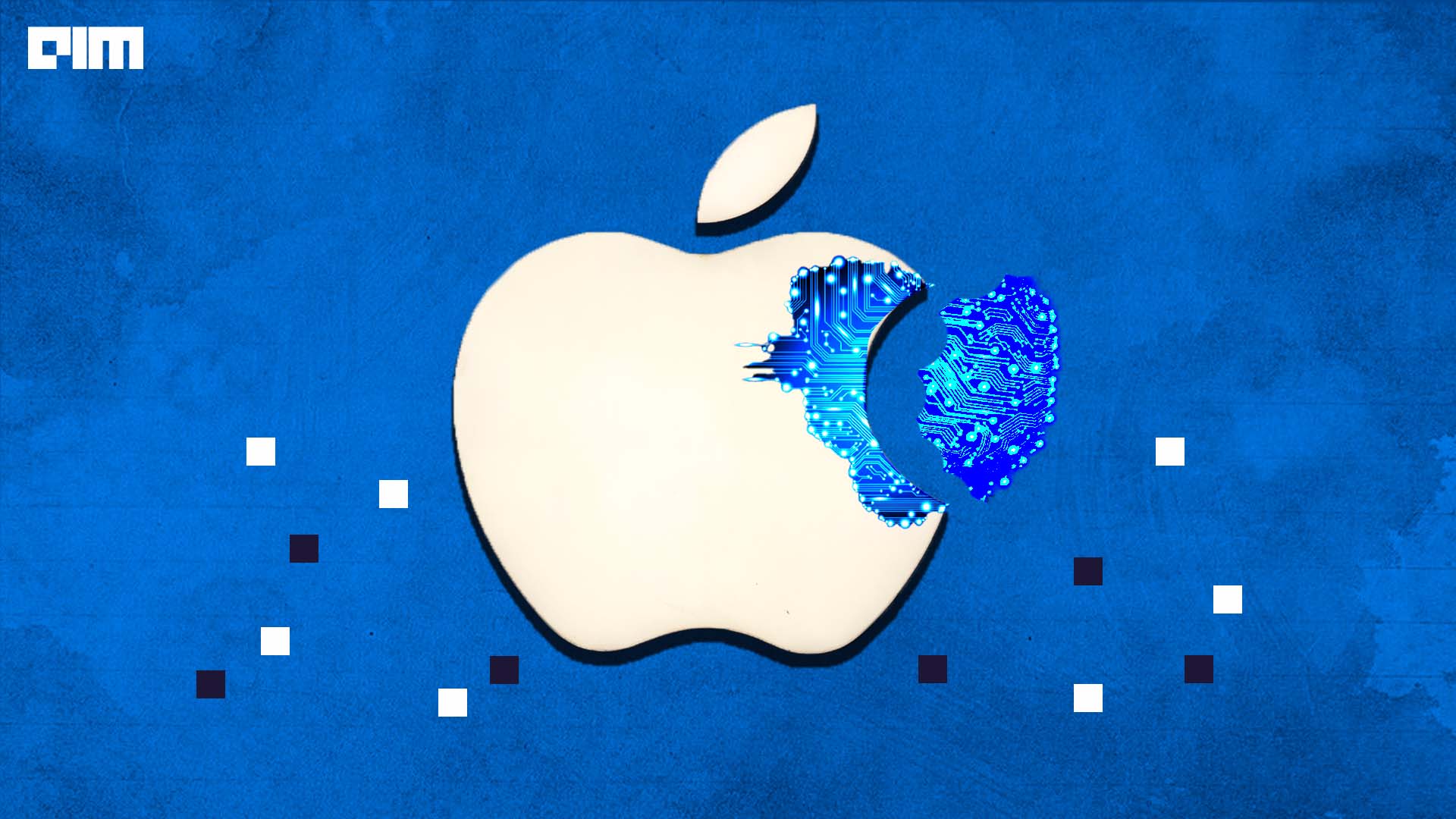
Apple is collaborating with Broadcom to develop its first AI-focused server chip, a move aimed at preparing to address the intense computing demands of its AI features, according to a report by The Information.
The chip, internally code-named “Baltra”, is projected to enter mass production by 2026. The initiative mirrors strategies employed by other tech giants like Google, Amazon, and Meta, which have designed custom chips to support AI services.
The collaboration highlights Apple’s strategic effort to reduce dependence on NVIDIA, which dominates the AI chip market. The chip will reportedly use Broadcom’s networking technology to optimise AI processing and employ advanced manufacturing processes from TSMC.
What’s in for Apple?
Broadcom shares rose by five percent following the announcement, reflecting the company’s growing role in AI chip manufacturing.
TSMC’s advanced N3P fabrication process is reported to be used for Baltra. Apple and Broadcom declined to comment on the report.
Apple’s in-house silicon team in Israel is leading the project, focusing on a chiplet design that improves efficiency and reduces complexity. The design incorporates Apple’s Neural Engine technology to enhance AI task performance.
This initiative aligns with Apple’s recent AI advancements, including features that generate text, create images, and summarise content. While Apple’s current chips power some AI features, they are not as efficient as chips designed specifically for AI processing.
Broadcom, which has also partnered with Google on AI chips, will provide networking technology but allow Apple to retain control over the chip’s overall design and production.
Growth by Partnerships
This partnership also builds on an existing multi-billion-dollar deal between Apple and Broadcom to produce 5G radio frequency components, announced last year. Apple previously shared plans to integrate its own server chips to power AI features on its devices.
Apple has achieved notable success with in-house chip development, such as the M-series processors, which replaced Intel chips in Mac computers. Despite such advancements, NVIDIA remains a dominant player in the AI chip market, though Google has managed to collaborate with Broadcom to lessen its dependency.
In terms of collaboration, even OpenAI, the creator of ChatGPT, has partnered with Broadcom and TSMC to launch its first in-house AI chip in 2026.
The generative AI boom has significantly boosted Broadcom’s market presence, with its shares surging 54 percent in 2024.
Analysts predict the custom chip market could grow to $45 billion by 2028, with Broadcom and competitor Marvell poised to share the expanding market.
Apple plans to use a chiplet design for its AI chip, a concept first introduced by AMD over a decade ago, according to two sources.
Instead of creating one large chip with different functional sections, Apple will split the chip into smaller, specialised pieces called chiplets, which will then be reassembled into a single unit. This approach simplifies manufacturing and reduces the chances of defects.
However, NVIDIA remains a key player in tasks requiring heavy computing, such as training AI models.
Apple’s project is part of a broader strategy to integrate custom chips for secure, efficient AI data processing. As the company rolls out more AI features, the Baltra chip could play a crucial role in scaling services to billions of devices.
The post Apple Teams up with Broadcom for AI Chips, To Sideline NVIDIA appeared first on Analytics India Magazine.